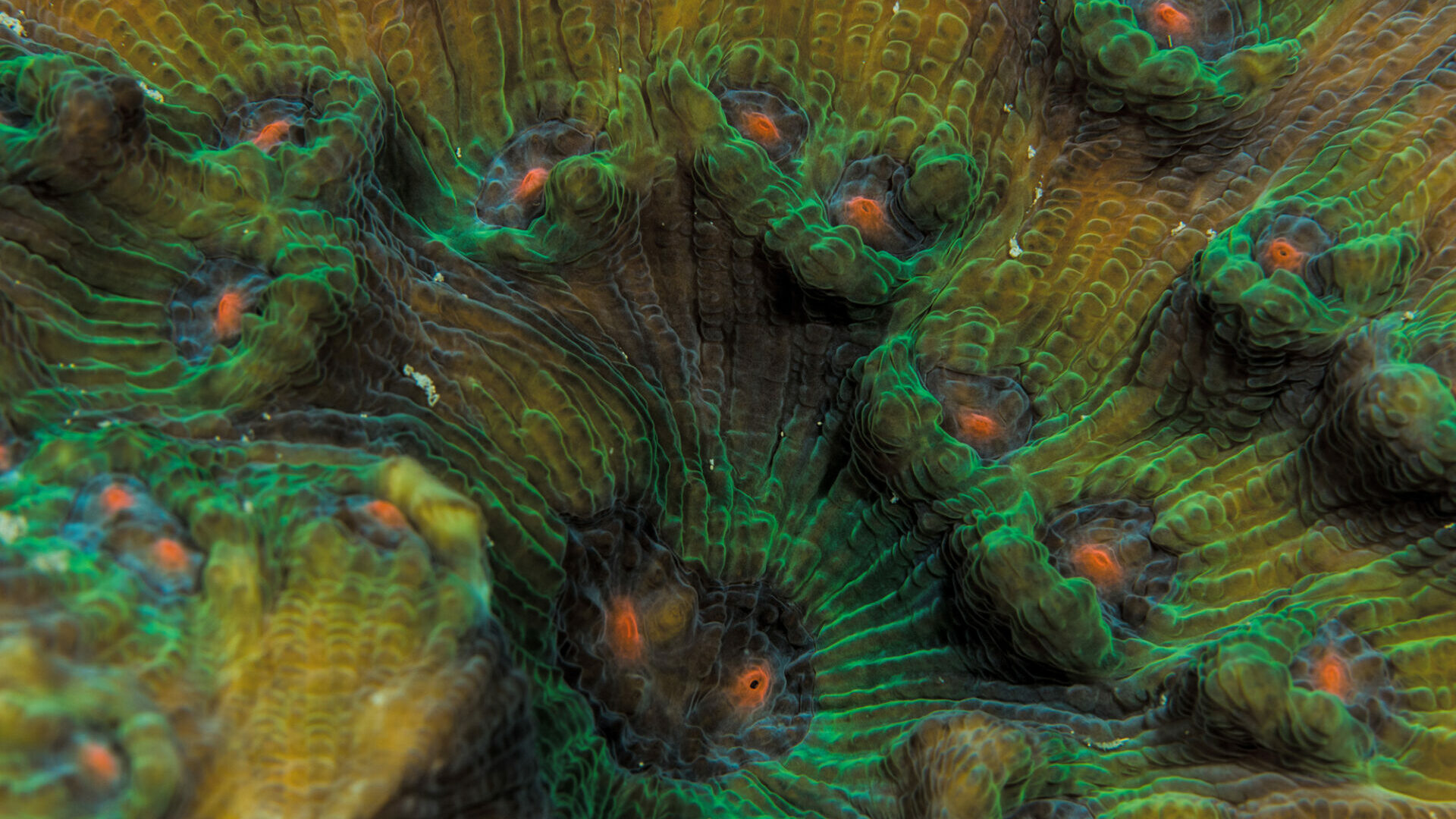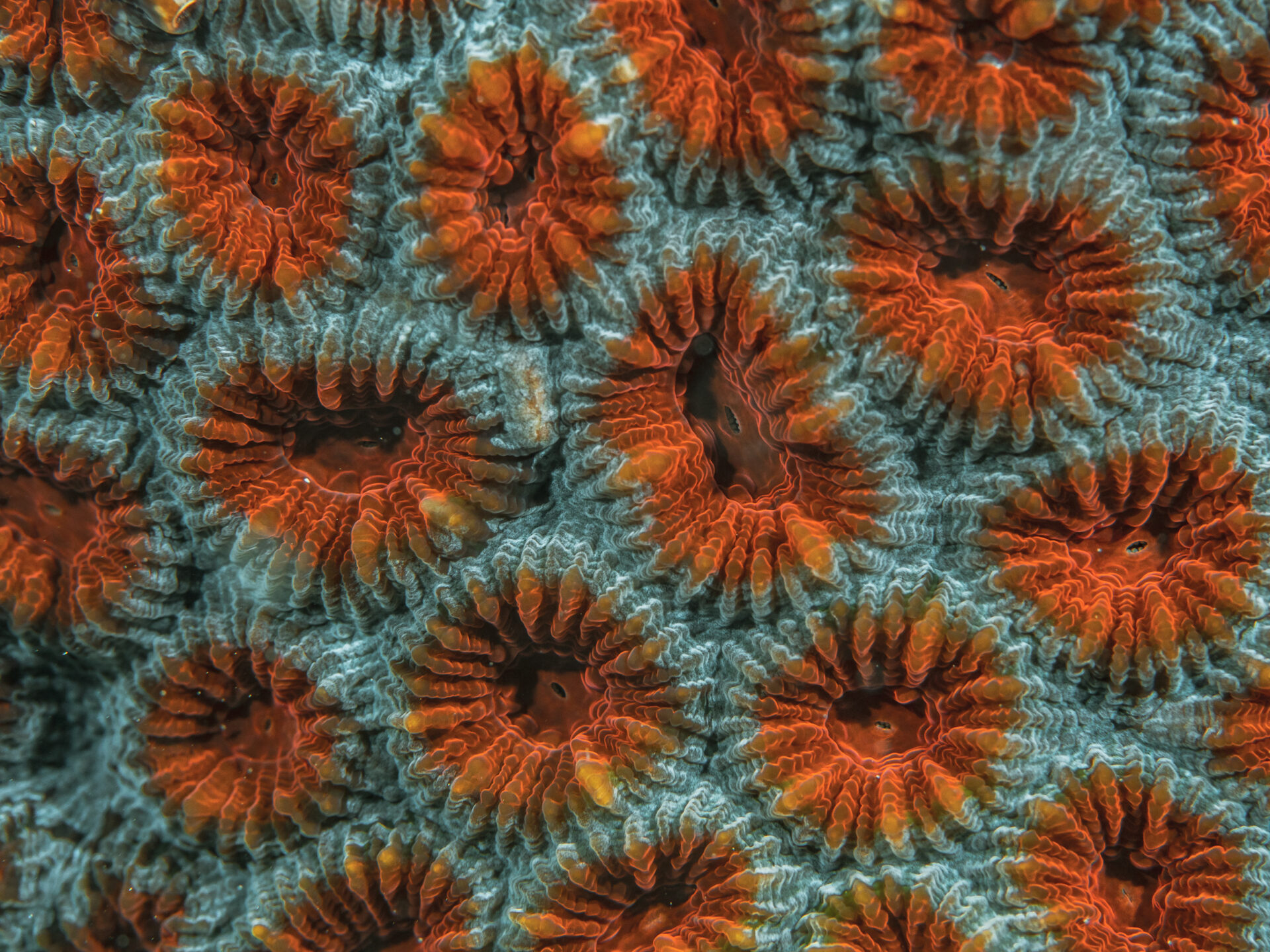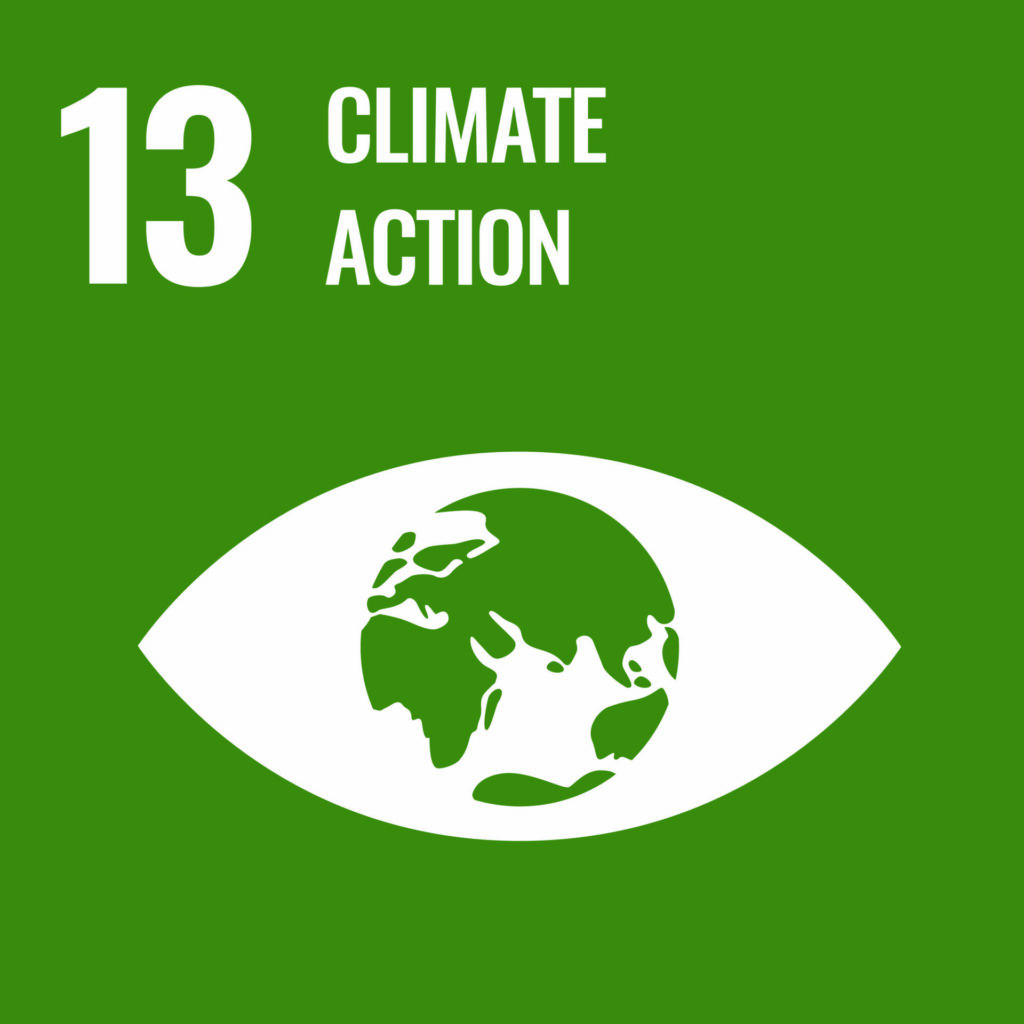Coral reefs exist in only a fraction of the world’s oceans, and yet they are home to more than 25 percent of marine organisms, making them rich biodiversity hotspots. They also support almost one billion people by providing services such as tourism, fisheries and coastal protection.
Despite their importance to both humans and biodiversity, coral reefs are rapidly disappearing as global temperatures rise due to climate change. The coral bleaching event of 2015-2018 alone affected 74 percent of global coral reefs.
“The window of opportunity to secure a future for coral reefs is rapidly closing, and no single nation has the capacity to reverse the situation,” says Carlos Duarte, executive director of the new G20 Global Coral Reef R&D Accelerator Platform, a global program that aims to develop next-generation restoration solutions for the world’s coral reefs. “We need to produce the next generation of science and technology to secure a future for them. That will require a program that brings the best minds together from different fields.”
In August 2021, KAUST was appointed as the Platform Central Node (PCN) of the G20 Global Coral Reef R&D Accelerator Platform. The KAUST PCN will manage the program’s funding, facilitate local and international collaborations, and identify research priorities to restore and protect the world’s coral reefs.
In a race against time, KAUST researchers are drawing on their broad expertise to develop fresh approaches to help corals adapt to a fast-changing world and survive a warmer future.
Breeding resilience
Although corals have been adapting to environmental change for millions of years, they are struggling to keep pace with rapidly rising sea temperatures, says Manuel Aranda, a KAUST professor of marine science. “The temperature is
increasing so fast that corals might not be able to adapt naturally,” Aranda explains.
The solution to this problem lies in the coral genome. Aranda and his colleagues are identifying the genes that make certain coral colonies more heat tolerant than others. Through selective breeding, these resilient traits can be introduced to populations of less tolerant coral colonies to give them a better chance of survival under warmer temperatures.
“It’s about producing offspring that have everything they need to be successful in the local environment while also increasing their resilience to be able to cope with what is coming,” says Aranda. To explore this idea further, Aranda is co-leading a collaboration with KAUST and NEOM (a new planned sustainable city being developed in Saudi Arabia) to create the world’s largest coral garden at Shusah Island in the Red Sea. The 100-hectare reef is set to be completed in 2025 and will provide a natural laboratory for testing and discovering the best restoration techniques.
The coral garden will be built and populated using KAUST Maritechture, a suite of restoration technologies invented by Aranda and Duarte with their colleagues. The process involves implanting corals onto 3D-printed skeletons coated with a material that accelerates their growth. The approach will make it possible to include slow-growing corals in restoration projects, which could lead to more diverse and balanced restored reefs down the track.
For Aranda’s research on coral genetics, the coral garden will provide an environment where assisted evolution can be witnessed in action. Heat-tolerant corals will be planted alongside other types so that they can interbreed and produce offspring that can better withstand warming temperatures. “By doing this over time, we can start increasing the number of resilient colonies in the natural population,” says Aranda.

A microbial boost
Tapping into corals’ natural adaptation ability to help them survive stress is also a key goal for Raquel Peixoto, a KAUST professor of marine science. Peixoto and her team are developing probiotics that can help corals bounce back from heat stress and bleaching, an idea that was sparked by Peixoto’s previous work that used probiotics to clean up oil spills in mangroves in Brazil.
In addition to symbiotic algae, corals have a beneficial relationship with other microbes, such as bacteria. When corals bleach under heat stress, they dispel their photosynthetic algae and their microbiome is thrown out of balance.
Lab experiments led by Peixoto have shown that bleached corals bounce back to their original state after being treated with a potent cocktail of beneficial bacteria. Exposing corals to these microbes can also boost their immune system and guard them against pathogens and other negative impacts, such as pollution, Peixoto says. “It’s about making these corals stronger and healthier so they can resist virtually any kind of impact.”

In August 2021, Peixoto’s team started testing out their probiotics on a selection of living Pocillopora corals in the Red Sea to find out how they can benefit the entire ecosystem and if they result in improvements that can be passed onto the next generation of corals.
While conserving the coral reefs of today underpins Peixoto’s work, ensuring that they survive for future generations is the driving force behind her research.
“I really want my children to live in a world with coral reefs,” says Peixoto. “If we are to expose coral reefs to huge impacts and challenges, let’s help accelerate their natural adaptation.”
A blend of disciplines
“These outstanding researchers and their innovative approaches exemplify core values of the Red Sea Research Center,” says Michael Berumen, professor of marine science and engineering and director of KAUST’s Red Sea Research Center (RSRC). Berumen explains that cross-disciplinary methods are required to address the many challenges facing the marine environment around the world. “The RSRC has dedicated substantial effort to understanding and enhancing the resilience of coral reefs. The value of maintaining healthy marine environments has never been more obvious, especially as a key pillar for many of Saudi Arabia’s ambitious goals under Vision 2030.”
The researchers from the RSRC play key roles as knowledge partners and advisors to Saudi Arabia’s giga projects, including NEOM and The Red Sea Development Company.
Berumen adds that Saudi Arabia is home to a major portion of the coral reefs in the Red Sea. “There are exciting opportunities for KAUST research to have regional and global impact in conservation of this critical natural resource.”


